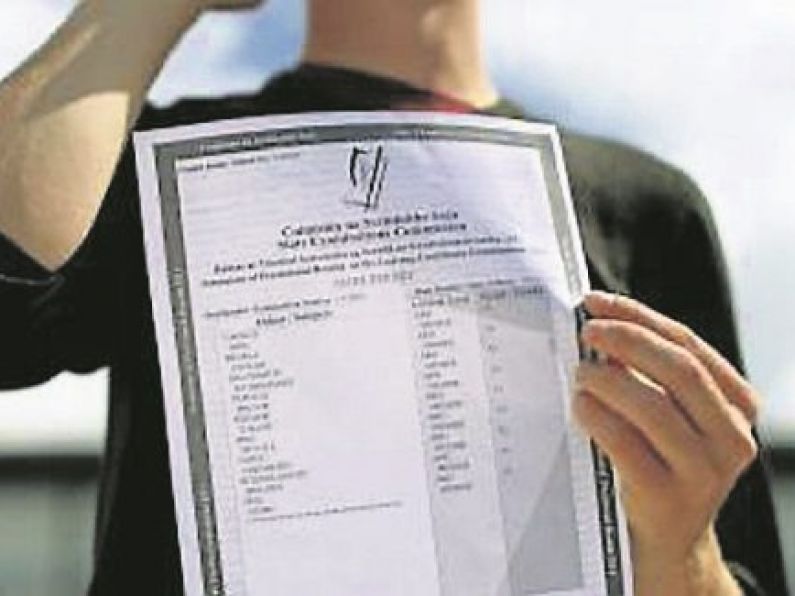By Aodhán Ó Faoláin and Ray Managh
An 18-year-old student whose Leaving Certificate marks were wrongly totted up by an examiner says the error, which has denied her a place in veterinary medicine at UCD, is an “absolute and utter disgrace”.
Rebecca Carter has brought High Court proceedings against the State Examination Commission (SEC) over its decision not to re-check her results before mid-October, effectively costing her a place at UCD, which decides its student allocation by the end of September.
Ms Carter, of Ardcolm Drive, Rectory Hall, Castlebridge, Co Wexford, is also seeking an injunction against UCD, restraining the college from refusing her a place on the course.
Both the SEC and UCD have opposed the action, which opened before Mr Justice Richard Humphreys yesterday, and deny any wrongdoing in the matter.
The court previously heard that UCD had agreed not to allocate Ms Carter’s potential placing until September 30.
Opening the case, Micheál P O’Higgins for Ms Carter, said she repeated her Leaving Certificate exams in May 2018 and was just six points short of the required number in the first round of offers for veterinary medicine in UCD.
Ms Carter was one point short in the second round. She sought a recheck of her business exam script, which revealed the examiner had wrongly totted up the marks.
Had the error not occurred, her final total points would have given her a higher grade in the paper and she would have surpassed the points required for veterinary medicine.
When the error was uncovered, the commission was contacted and asked to have matters put right so she could take up her place.
She had then been told the commission could not correct the error until mid-October. If the mistake was not corrected by the start of October, she would have to wait until 2019 to commence her chosen course.
Counsel said after the obvious error was discovered, it was hoped that “common sense would prevail” and that “bureaucratic tape would be cut”.
The SEC denies that it has acted improperly or irrationally in the matter.
It says that any alleged error can only be corrected through the formal appeals process, and the error cannot be dealt with through the rectification process.






